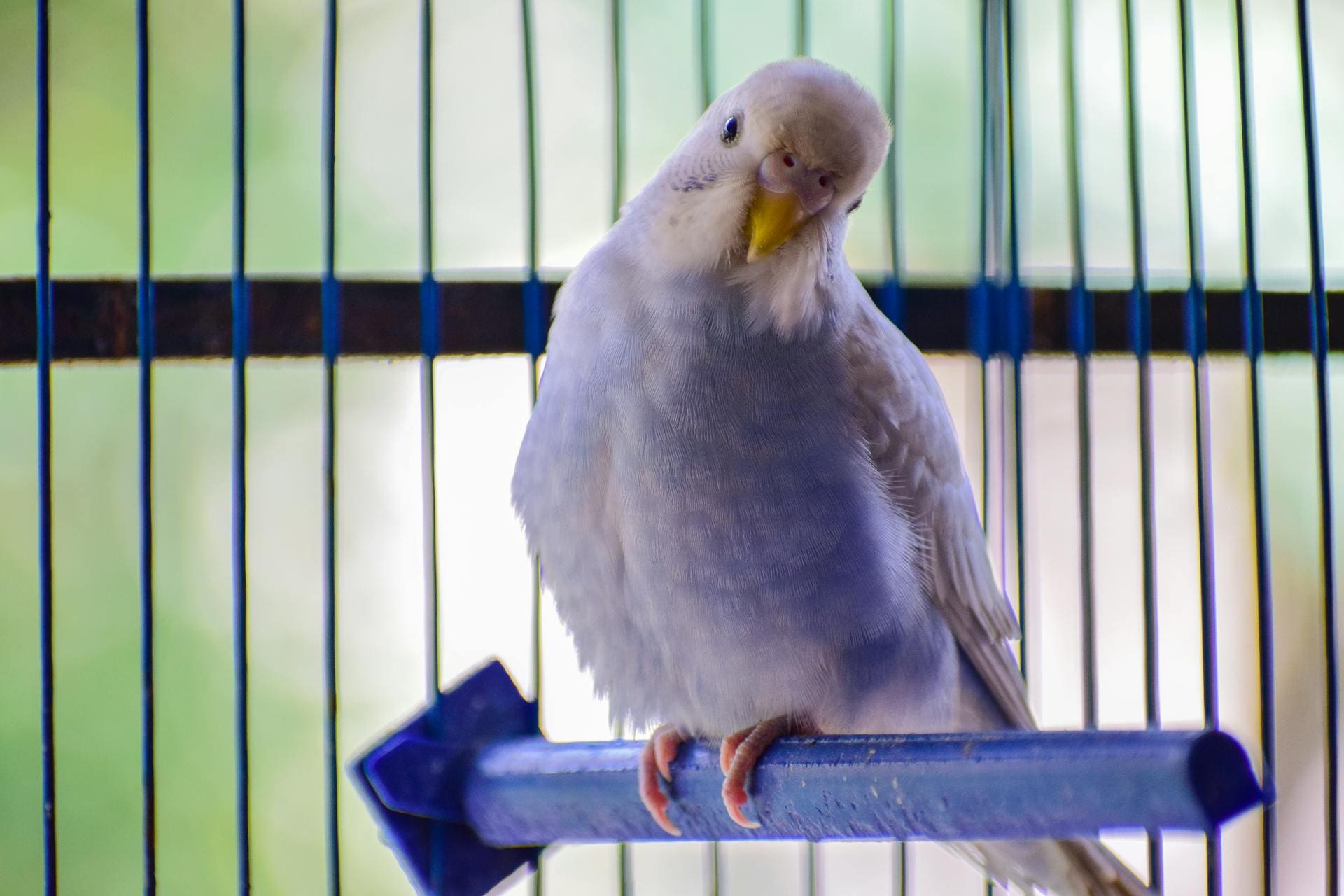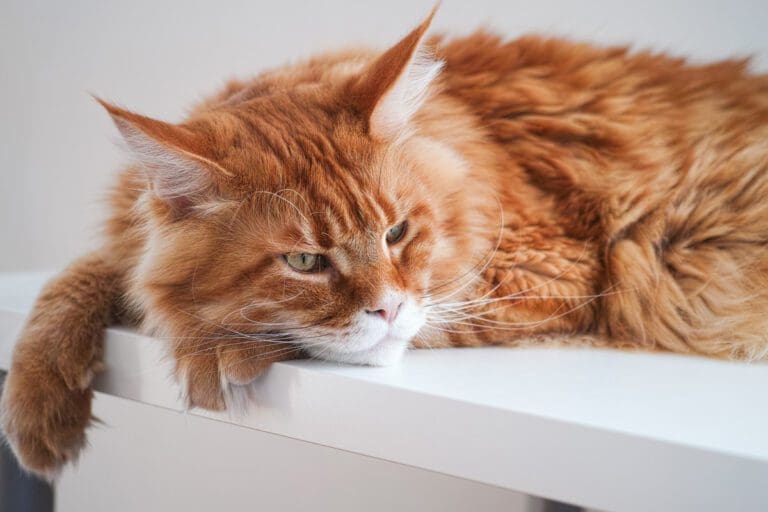Your cockatiel shrieks incessantly, your parrot pecks out its own feathers, or your budgie remains paralyzed for hours; these are not quirks of personality but calls for help. Wild birds fly miles a day, solve hard puzzles, and perform intricate social rituals.
Caged pet birds that spend their days in boring cages become psychologically afflicted and exhibit aggression, self-mutilation, and despondency. Successful bird-enrichment programs revitalize sluggish, stressed birds into active, vital pets that thrive under captivity.
Mental Stimulation via Interactive Toys and Puzzles
Foraging experiences mimic wild birds’ natural foraging behavior, which occupies them for hours a day. Puzzle feeders, treat-dispensing toys, and concealed food challenges problem-solve and mentally stimulate. African Grey parrots love challenging multi-step puzzles with rewards, while cockatiels prefer simple foraging toys with immediate reward.
Rotating toy inventory prevents birds from becoming bored and offers novelty that is essential for mental stimulation in birds. Introduce new shredding toys, rope perches, and puzzle boxes every week and remove old ones. Homemade enrichment with toilet paper rolls, cardboard boxes, and paper cups is an inexpensive way to provide variety.
Sensory stimulation is offered by nature sounds, classical music, and talk radio when the owner is not present. Some birds have a special taste for some—macaws for high-energy pop music and cockatiels for Mozart. Interactive toys with bells, mirrors, and recorded noises provide sound stimulation, but mirrors must be limited to prevent compulsive play.
The most vital mental enrichment practices are:
- Everyday foraging activities are hidden all over the living space
- Periodic rotation of toys for novelty and challenge maintenance
- Sound changes like music and ambient sound
Read More: Are Undergravel Filters Worth It?
Physical Exercise and Flight Time Requirements
Daily flight time is essential for healthy pet birds, yet many owners underestimate these exercise needs. Even diminutive parrot species like cockatiels and budgies require a minimum of 2-3 hours out-of-cage time, while large parrots require 4+ hours of aerobic flight. Flight-conditioned birds are simply waiting to be given monitored flights outside in avian physiology-designed harnesses.
Interior flight spaces need to be bird-proofed completely, removing ceiling fans, toxic plants, open windows, and kitchen hazards. Special bird rooms enable maximum flying space with multi-level perches, climbing gear, and soft landing spots. Apartment corridors and living rooms may function as inhabitants’ flying corridors with proper protective arrangements.
Dot Schwarz, a UK parrot owner, successfully free flies her Blue and Gold Macaws daily, significantly reducing stress behaviors like screaming. She uses gradual training to build trust and confidence in flight, providing vital physical exercise and mental stimulation. Dot’s experience shows that flight is an essential enrichment that enhances bird welfare and happiness.
Read More: How to Identify Fresh Water Fish Diseases
Social Interaction and Environmental Variety
Flock mentality also causes most pet birds to crave social interaction in addition to their regular maintenance routine. Positive reinforcement training sessions are intellectual stimulation and bonding with humans. Target training, trick training, and recall flying are structured sessions to meet intelligence needs and develop trust and communication.
Bird enrichment ideas carry ideas a very, very long way past flashy cages and whimsical toys—they are all about observing natural behaviors and mind requirements. Foraging, flying time, and social interaction intellectually stimulate pet birds, stopping behavior problems and initiating body health. Get yourself into a regular daily habit and environment adjustment and transform your feathered friend from a caged decoration to a living, breathing home member.
Read More: Goose Begs for Help Then Brings the Family Back to Say Thank You






